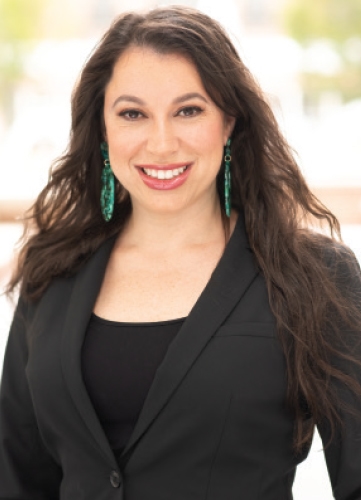How Does Colder Weather Impact Sleep Apnea?

As the temperatures start to drop, the colder weather can make sleep apnea symptoms worse, according to recent studies. The reduced humidity associated with cooler weather exacerbates sleep apnea causing symptoms to occur more frequently and severely.
Patients with mild sleep apnea may experience more symptoms during the winter months, while patients typically suffering from moderate symptoms may have more severe symptoms.
Why Does Colder Weather Make Sleep Apnea Symptoms Worse?
During the winter, when outdoor temperatures drop, humidity decreases meaning the air becomes drier. The reduced humidity can dry out the respiratory system and lead to more snoring and breathing disruptions. The secondary impact comes from indoor heating methods. Smoking-producing heating options, like a fireplace or wood stove, can introduce smoke into the home. Breathing in smoke can irritate the respiratory system and negatively impact sleep apnea.
How to Combat the Impact of Cold Weather on Sleep Apnea
Patients can incorporate habits and resources into their nighttime routine to reduce the effect of colder temperatures.
Update Your Heating Method
Avoid using a heating system that emits smoke. For example, limit the use of a fireplace. Also, change the air filter in your home’s HVAC system, which helps improve indoor air quality.
Use a Humidifier
Adding a humidifier to your bedroom during winter months can improve moisture, reducing symptoms caused by dryness. HVAC specialists can incorporate whole-house humidifiers into the home heating system at a more considerable investment.
Address Seasonal Allergies
Some people experience allergies in the fall months and indoor allergies during the winter months. The symptoms of allergies can make sleep apnea worse. When combined with the drier air, patients can experience a double impact. Ask your doctor about allergy medication to reduce symptoms.
Find the Right Sleep Apnea Treatment
How you effectively treat sleep apnea may change during various times of the year. If you use a mouthguard during the summer, you may find that a CPAP machine offers an enhanced intervention during winter. The opposite could also work for you. Each patient needs customized treatment options.
Effective Sleep Apnea Care throughout the Year
Sleep apnea disrupts the well-being and quality of life of patients. Any disruption to sleep and clear breathing requires effective treatment solutions. Work with your doctor and dentist to find the best solution to reduce sleep apnea symptoms. You deserve the highest quality of care.
 Marianna Kovitch, DMD, is a diplomate of the American Board of Dental Sleep Medicine (DABDSM). Dr. Kovitch received her Doctor of Dental Medicine from the Medical College of Georgia after earning her Bachelor of Science with honors in chemistry. She also received recognition in research publications for her work in biochemistry from Georgia State University. Dr. Kovitch has been an active board member of the Academy of General Dentistry since 2013 and has contributed to the development of dentistry excellence in Georgia.
Marianna Kovitch, DMD, is a diplomate of the American Board of Dental Sleep Medicine (DABDSM). Dr. Kovitch received her Doctor of Dental Medicine from the Medical College of Georgia after earning her Bachelor of Science with honors in chemistry. She also received recognition in research publications for her work in biochemistry from Georgia State University. Dr. Kovitch has been an active board member of the Academy of General Dentistry since 2013 and has contributed to the development of dentistry excellence in Georgia.
Marianna Kovitch, D.M.D., DABDSM • Atlanta Smiles 404.262.7733 • www.goodnightsleepga.com
